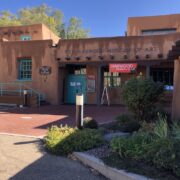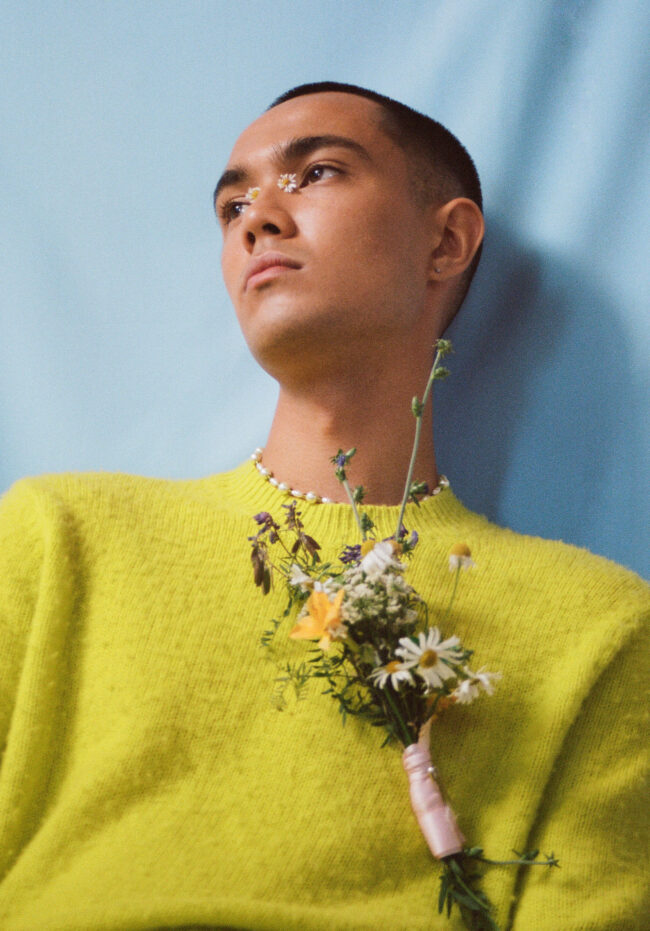 Janice Reid (Mentors: Wade Hudson and Kristin Sjaarda)
Janice Reid (Mentors: Wade Hudson and Kristin Sjaarda)
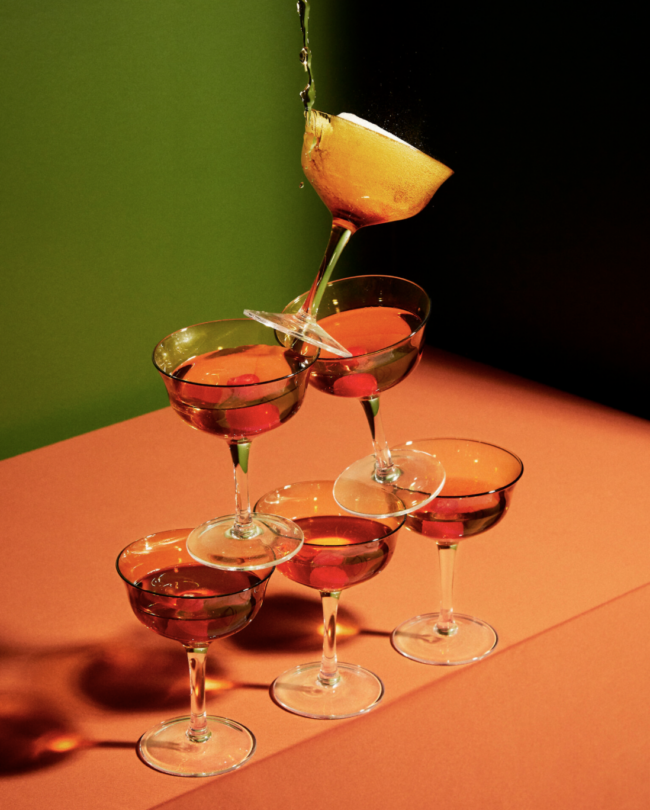 Marc Santos @marcsantosphoto (Mentor: Steph Martyniuk)
Marc Santos @marcsantosphoto (Mentor: Steph Martyniuk)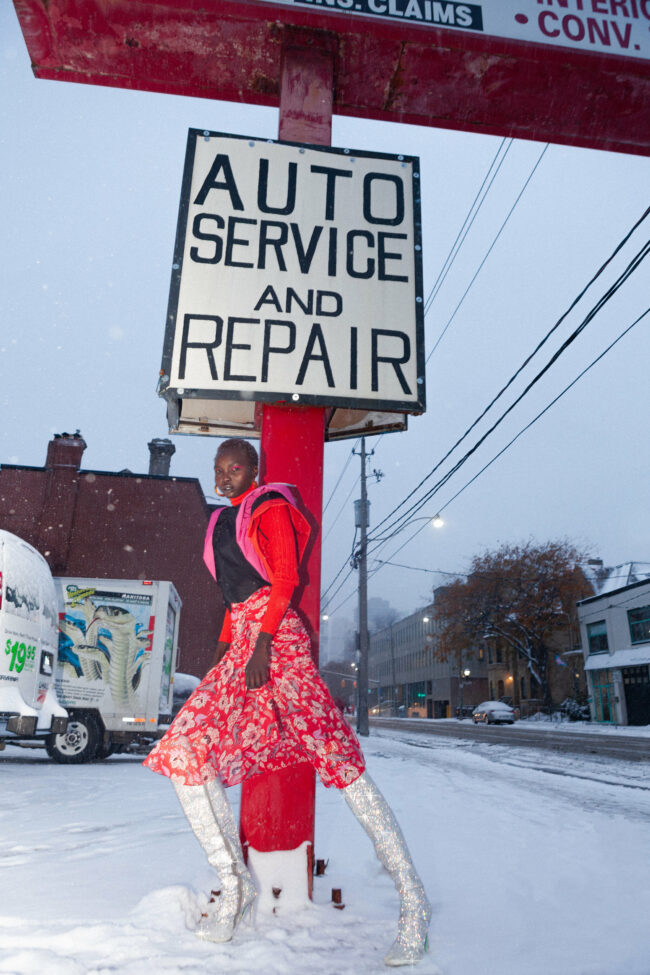
Sumi Siddiqa @sumisiddiqa (Mentor: Mark Binks)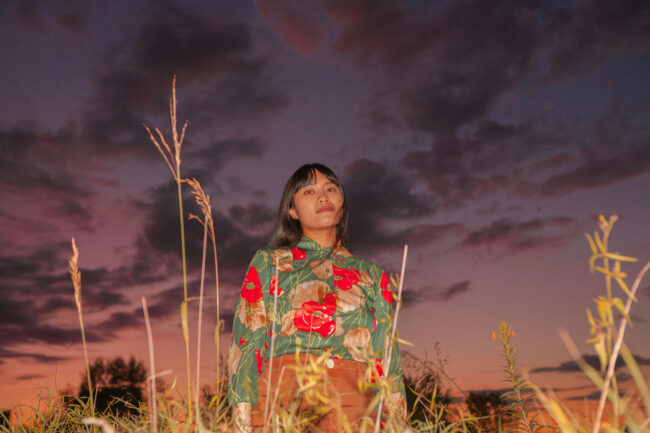
Sumi Siddiqa @sumisiddiqa (Mentor: Mark Binks)
BIPOC Photo Mentorship Program
Founder: Heather Morton
Heidi: How did this idea come about?
Heather: The idea originated from a conversation I had with Toronto photographer and long-time mentorship advocate May Truong in the summer of 2020. She had just offered a residency for emerging BIPOC/LGBTQ BIPOC photographers and had an overwhelming response – over 50 applications in the first 48 hours. So there was clearly a tremendous need for these opportunities, while at the same time, there was growing awareness in the industry of the layers of systematic inequality and barriers to entry faced by young racialized photographers. I tested the waters by approaching my local contacts in the community and the response was super positive so BPM was launched.
How do the relationships work; what are the expectations?
BPM is simply one big, evolving list of mentorship opportunities; we don’t “accept” mentors or provide a structure. Rather, we encourage any type of engagement that works for the mentor – it might be one phone call a month or it might be occasional visits to set. Some of our mentors have even formed small critique groups with multiple mentees that regularly share work and feedback. Many participants have likened the program to a type of photo-making therapy, but mentees and mentors are on their own to make sure that the offering fits the need and vice versa. So it’s simple – on both sides we expect the mentor and the mentee to communicate their own expectations and then commit to the relationship and the mentorship agreement that they make with each other. BPM has a very basic structure with lots of individual agency on the part of both mentors and mentees to do the research, decide what works best for them, and to act on it.
Having said that, our website and networks have been able to provide additional supports – we provide lists of best practices, and we have a resource section on our site as well as a growing suite of opportunities (outside of the mentorship itself) for our mentees. For example, the mentees have a Slack channel which they use to organize their own critique groups and share opportunities.
Where does the work get published?
At this point, we’ve only occasionally highlighted mentee participants on our Instagram feed, but in the future, we are exploring partnerships with publications to share the work much more broadly. We have an ongoing relationship with Gallery 44 in Toronto who have generously offered free memberships and access to studios and gear to our Toronto-based participants. So there are lots of opportunities in the works but, being very grassroots, our ability to actualize the interest we’ve garnered takes time.
How do people get involved?
It’s simple – both mentors and mentees just need to fill out a short survey on our website. The mentors are asked for a few details about their practice and their offering; the answers to the survey questions become their listing. The mentee survey basically “registers” them so that we can continue to communicate directly about other opportunities that come our way. But to secure a mentorship, a would-be mentee just needs to go to our site, peruse the list, and then reach out directly to the mentor that they are interested in. And so it’s a very fluid list – opportunities get filled up and new mentorships are added regularly.
What gap is this filling and how successful has it been?
Our program has been tremendously successful – in the last 12 months, we’ve offered over 190 mentorship positions with over 90 mentors! Though most of our mentees come from Canada and the US, we are truly international, and have participants from Brazil, Australia, Sudan, India, etc. There are no geographic boundaries for participation, so our mentors also come from North America and further afield.
We know there is a lot of willingness to support emerging BIPOC photographers who might be existing outside of a more “typical” photo career trajectory – many of our mentees haven’t studied photography and may not live in an area with a thriving industry or photo scene. Additionally, we have mentees who have faced real racialized barriers to their participation in the industry. So we are open to whatever a photographer (or photo editor, curator, photo producer etc.) have to offer – even an hour phone call once a month can offer a huge amount of moral support and real concrete advice to an emerging photographer.
And the response from participants has been amazing.
Here are a few quotes (more on our Instagram):
“I never had the chance to assist EVER before and I’m happy through this program that I’m able to gain this experience”.
“It’s definitely really helpful to be able to turn to someone who is willing to share their experiences, learnings, and resources simply to help you thrive as a creative.”
“[My mentor] has really encouraged me and my ideas, while letting me do things at my own pace at the same time. Because of this mentorship, I have started to take my practice as an artist a lot more seriously.”
“From building strong concepts to creating a book, this mentorship ultimately ended up being a way for me to become more confident in myself as a photographer by challenging myself, and dealing with expectations regarding my work, through the many resources that [my mentor] has shared with me”.
“From lengthy analytical discussions on technical and artistic abilities to in-person collaborations, I have learned so much invaluable information in a short period of time”.
“It’s very liberating to ask questions freely and without judgement, and to be assured that someone has most likely had the same questions or faced similar obstacles as you at some point in their career”.
There are quite a few collectives that have formed in the last few years, what makes this program different?
The major difference is that there is no barrier to participation. Any amount of experience in the industry is welcome (and disclosed of course – some of our mentors are newly-emerged themselves but know the difficulties a racialized photographer might face when just starting out), and all areas of photographic practice are represented. Plus, as I’ve said above, we do not pair up mentors and mentees, we merely facilitate the match by amplifying the offering. BPM is a clearinghouse of opportunities with no restrictions to what is offered or what is accepted; it has been a very powerful way to galvanize nascent opportunity and share it. This makes us quite different than the more structured, curated, and competitive mentorship programs.
To see the list and for more information, please visit
@bipocphotomentorship
You can join as a mentor here. If you’d like to register as a mentee, please click here
